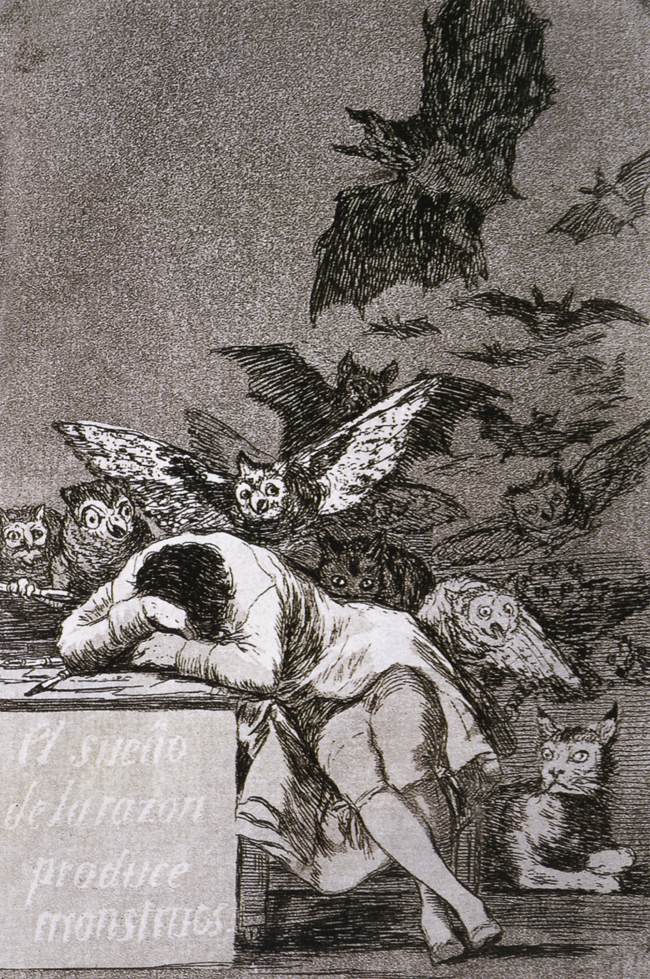A little while ago there was a discussion on a Christian view of everything. See here, here, here, here and here.
I had intended to write something in response, but, as often happens, time elapsed faster than expected and nothing got written. Now Joel has wondered out loud, as it were, about reformational philosophy asking “what is essentially christian (i.e., gospel-shaped) about it”. While these are different questions they are related. So I will use his prompting to respond to the earlier issues and hopefully get round to reformational philosophy later.
Firstly I would agree with many of the comments that express concern about the use of the title “Christian”. It is easy to give something the title “Christian”, much harder to live up to such a designation. Given this gap, is it not right to feel a certain reticence even disapproval towards labeling all sorts of activities and ideas as “Christian”? After all it can only do great damage to the gospel when a so called “Christian” political party turns out corrupt, a “Christian” school fails Ofsted or a “Christian” business goes bankrupt. Nevertheless, if we accept this line of reasoning then it must be applied just as readily to Christian families, Churches and Theologies. Cannot these also bring the name of Christ into disrepute?
Here Rube makes the suggestion that in light of the all-pervasive character of sin, we should shift the distinction of Christian/non-Christian to that of sinful/sinless, or more accurately we should ask the question “what aspects of my baking (or whatever profession) are sinful?” Indeed this is exactly the kind of thing reformationals are thinking of when they talk about a Christian approach to X. More fully we tend to first ask “what is it about my profession that gives it a distinct task in this world and that when done well brings blessing to those nearby?” before going on to think self-critically about the pervasive influence of sin, this is what is meant by the Structure/Direction distinction.
There remains the ready reply that there are some tasks that only a Christian could do, for example Church leader or Christian missionary and that these alone merit the title of Christian. There may be something to this, however it is illegitimate to draw the further conclusion that the Gospel does not touch on the vast majority of human activities. It is this conclusion that is being rejected by those who talk of a “Christian view of everything” and they/we do so for good reason. Apart from the fact that such a conclusion renders Christianity irrelevant to the greater part of our existence - not a happy result - it is in stark contrast to the claim that Christ, as Lord of all, has over our whole life. Colossians 1:15-20 does not seem to me to leave much space for a neutral area of life, not even a square inch! As Kuyper would say.
Indeed the Gospel, and here we start to touch on Joel’s question, is like yeast working its way through the whole warp and woof of life (Matthew 13:33). The call to repentance is a call to turn our life around and do things differently (see for example Luke 3:7-14). Those who do not “see” any connection between the Gospel and the “Christian view of everything” approach that neo-calvinists and reformationals advocate will need to either, show us at what points we depart from the Gospel and so help us get our view of everything more in-line with it, or ask themselves honestly whether they have not reduced the Gospel to something less than the “power of God for the salvation of everyone who believes” a power that has the whole of creation waiting in eager anticipation for its completion (Romans 1:16 & 8:19).


















